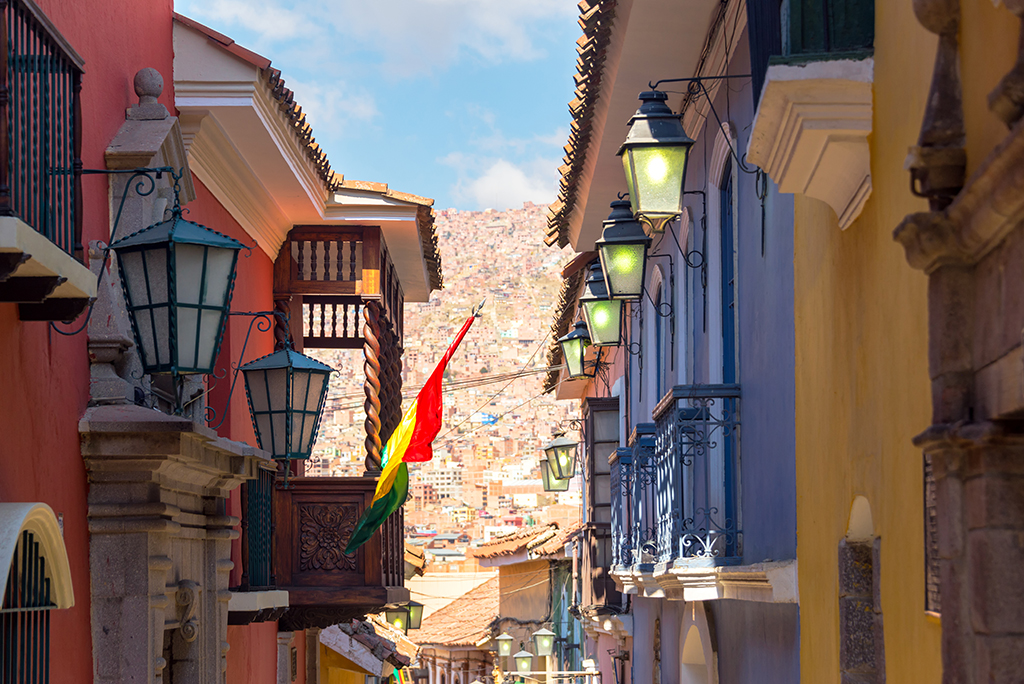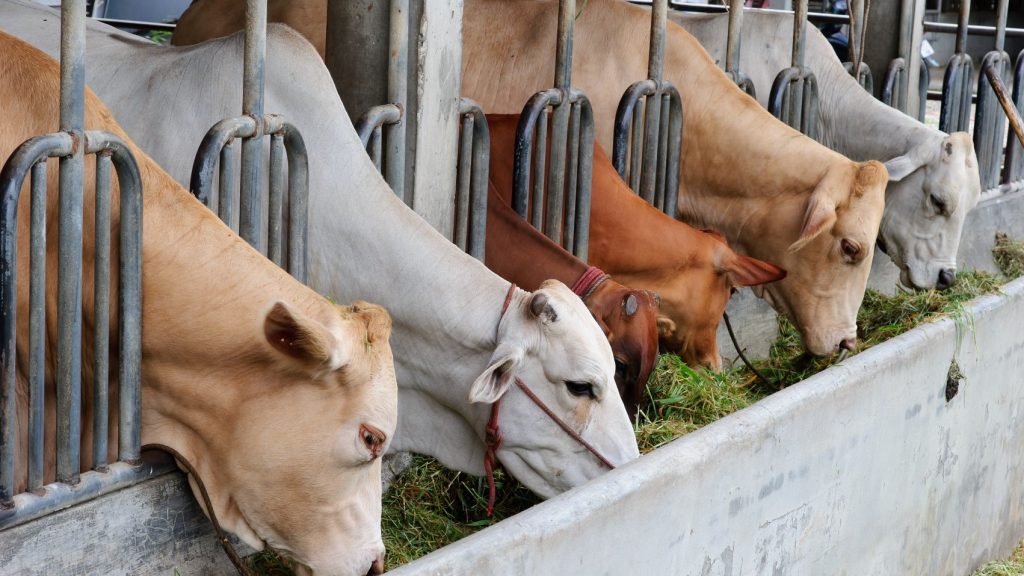
Bolivia
Officially ‘the Plurinational Republic of Bolivia, Bolivia is remarkable for its ethnic and cultural diversity. While Spanish is the country’s most widely spoken language, some 36 indigenous languages also enjoy official status. Although Sucre is Bolivia’s constitutional capital, the city of La Paz it is the legislative and administrative capital. Santa Cruz, with a population of around 1.4 million, is Bolivia’s largest city and financial capital.
Bolivia is a resource rich country with strong growth attributed to captive markets for natural gas exports – to Brazil and Argentina. The country has large mineral deposits, including tin, gold, silver and natural gas.
The country’s chief agricultural exports include soybeans and cotton. The main agricultural products are soybeans, quinoa, Brazil nuts, sugarcane, coffee, corn, rice, potatoes, chia.
Mining remains vitally important to the Bolivian economy. The industries include mining, smelting, electricity, petroleum, food and beverages, handicrafts, clothing, jewelery. Gold and silver production have become increasingly important, as the country has faced increased competition in tin mining.
Bolivia’s timber industry is surprisingly small, accounting for only 3.5% of exports. Some 44% of the Bolivian workforce is engaged in agriculture and forestry – two sectors which account for around 28% of total GDP.
Textiles and food are Bolivia’s key manufacturing sectors. Manufacturing, though important to the national economy, typically takes place in small factories – and is typically aimed at local markets.
HLB is able to provide professional services to commercial companies, services, industrial, financial, public sector entities, non-profit organisations and projects funded by international agencies.
Featured insights
Latest insights, case studies and news from across the network







